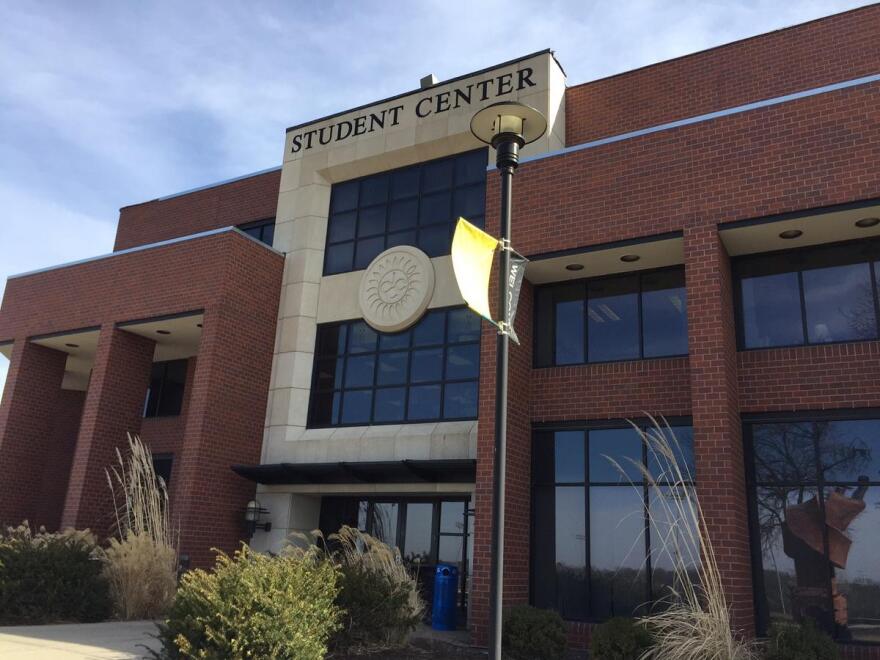The Kansas Regents have given every state run university and community college in Kansas a tall order: vastly increase the number of degrees and certificates they award.
Every Regents school has to graduate 20 percent more students in the next three years and then maintain that level.
That’s 13,000 more associate degrees, four year degrees and certificates a year across the system.
The state's community colleges figure prominently in the mission and at the state's largest, Johnson County, is ratcheting up its already highly student-centric approach to higher education.
“I taught at three other places, two of them universities, where basically the idea was, this is college, if you can make it, you can make it,” says JCCC history professor Vincent Clark. But, he says that “sink or swim” thing is not at all how JCCC operates.
Clark has been teaching history at Johnson County since the 1980s. (Full disclosure, I taught a class with him.) Oftentimes community college students need to first learn how to learn.
“They don’t know how to read a textbook, for example, in some cases and respond to a test on that. They don’t know how to get ready for an essay exam. So I try to teach them how to do that,” Clark says.
At JCCC they call these “wraparound” services. Second-year history student Ryanne Pritchard from Olathe says the services are essential. “If I need the help I can get the help. Sometimes I’ll go to the writing center where, say you don’t do really well writing synthesis essays, you can go to the writing center and they can help you with that step by step.”
There are three main ways to increase graduations.
One is recruit more kids to universities and community colleges. Second, lure some of the 185,000 Kansans with some college credit back to campus.
Third, and the one that could be most important, is helping students stay in school and succeed.
Clark is big on individual attention. He has many students who work or who are single parents. “The gamut of human problems that they have. I mean, I’ve got kids whose cars break down, they can’t get here.”

JCCC's goal is to award 284 more degrees and certificates by 2020.
So it’s hired more people to deliver wraparound services.
“We reorganized what we call our student success advocates. We took our cohort of first time, full time freshmen in the fall and did some wraparound and some intervention support for them,” says Randy Weber who is Vice President for Student Success and Engagement.
Weber says that change pushed the fall-to-spring persistence rate from 82 to 87 percent.
“That’s 70 more students who are on campus this spring than would have been last year under the same persistence rate.”
Across the system, the retention rate has gone from 66 percent in 2011 to 70 percent last year.
The theory is obvious: the more students schools keep, the more who graduate.
Among the other things JCCC is doing to increase graduation is a bit of bookkeeping.
Weber says some students complete a program and simply don’t apply for their degree. Now the college has something it calls “auto graduation”, no additional paperwork needed.
But the key is to keep increasing wraparound services. “Our intent is that students do less self-navigating of this place and it’s a little clearer on how to get through your educational journey,” says Weber.
The Kansas Board of Regents says that 71 percent of high school graduates in the state will need some kind of post high school education by 2020 to meet the needs of businesses in the state.
Which is why clearing the path for that educational journey is so crucial.
Sam Zeff is co-host of the political podcast Statehouse Blend Kansas and covers education for KCUR and the Kansas News Service. Follow Sam on Twitter @SamZeff.






